Decoupling vs Contextualizing Norms
John Nerst: "To a contextualizer, decouplers’ ability to fence off any threatening implications looks like a lack of empathy for those threatened, while to a decoupler, the contextualizer's insistence that this isn’t possible looks like naked bias and an inability to think straight"[1]. A cultural divide A particularly thorny—yet very common—way for a discussion to break down is when participants strongly disagree about the correct scope of a discussion. If neither side is willing to compromise, progress often becomes impossible. John Nerst identifies a difference in expectations that is particularly prone to causing such issues: What these norms entail:[2] Decoupling normsPeople have a right to expect the truth of their claims to be considered on their own merits, with no obligation to pay heed to worries about the "broader context" or the "implications" of such speech. Insisting on raising these issues, despite a firm request to consider an idea in isolation, is likely a sign of careless reasoning or an attempt at deflection.Contextualizing normsBeing a responsible actor necessarily involves considering certain contextual factors and implications when deciding what kinds of statements are acceptable. Not taking these factors into account most likely reflects limited awareness, a lack of care, or even deliberate evasion — especially if the speaker ignores an explicit request. An example: Even-numbered birth year murderers Suppose data showed that people born in even-numbered years committed murders at twice the rate of the general population. Can you state this directly and, if so, must you issue a disclaimer? A decoupler would tend to see it as unreasonable to object to a direct statement of facts. Here's an example of how someone with this viewpoint might think: > Surely, as a citizen in a free society, I should just be able to state the truth directly? After all, we're adults. Additionally, we shouldn't have to issue disclaimers all the time. This kind
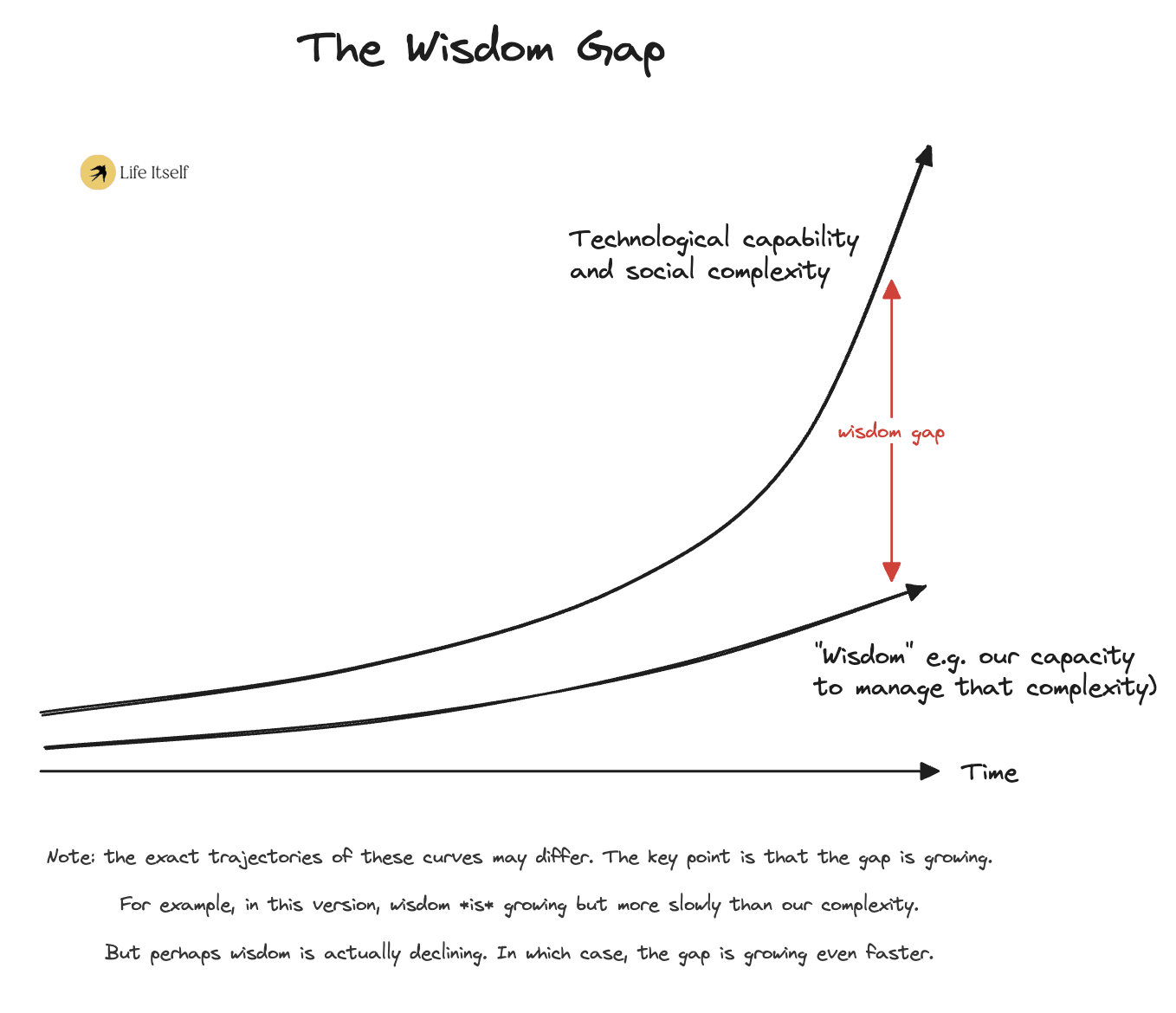
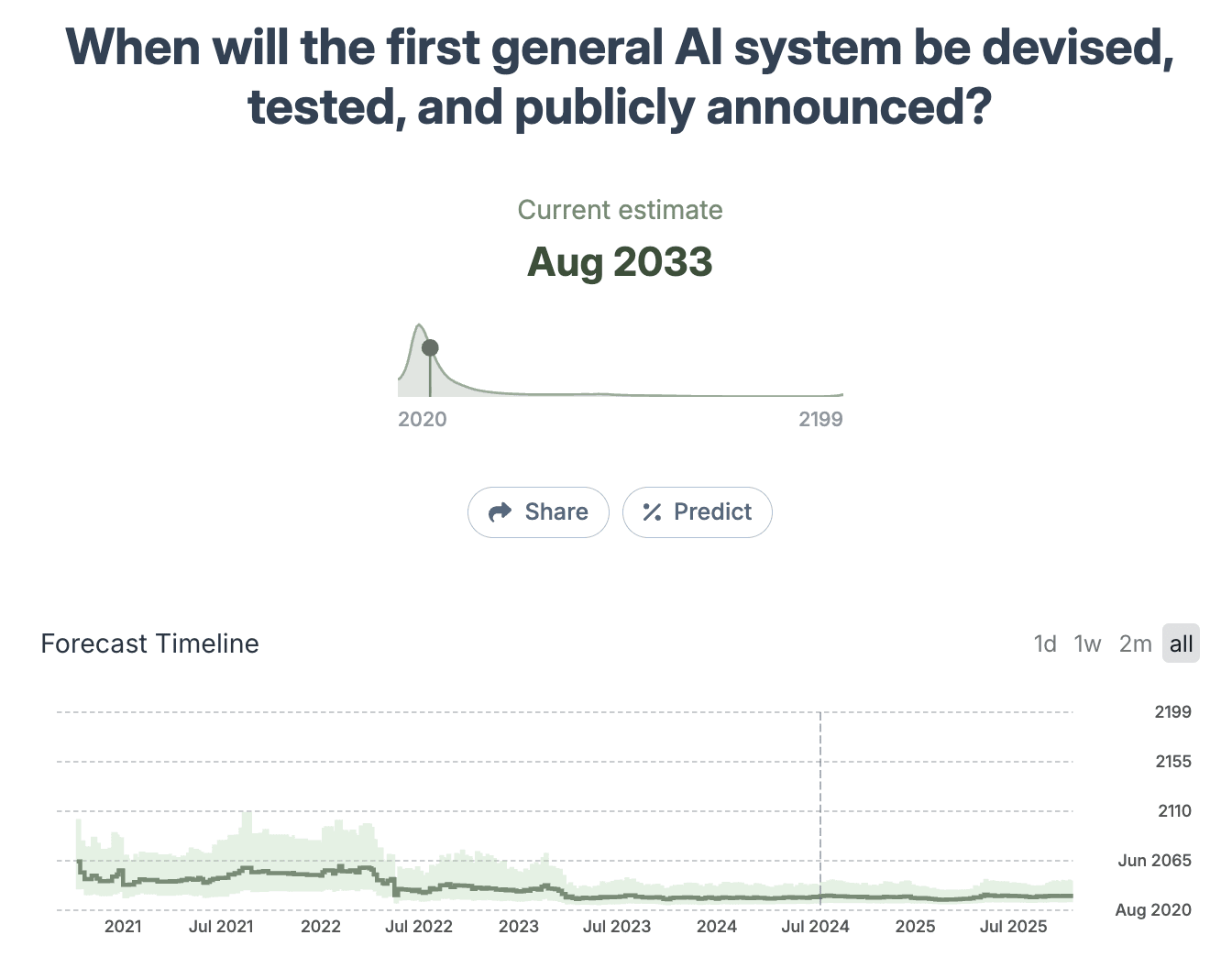
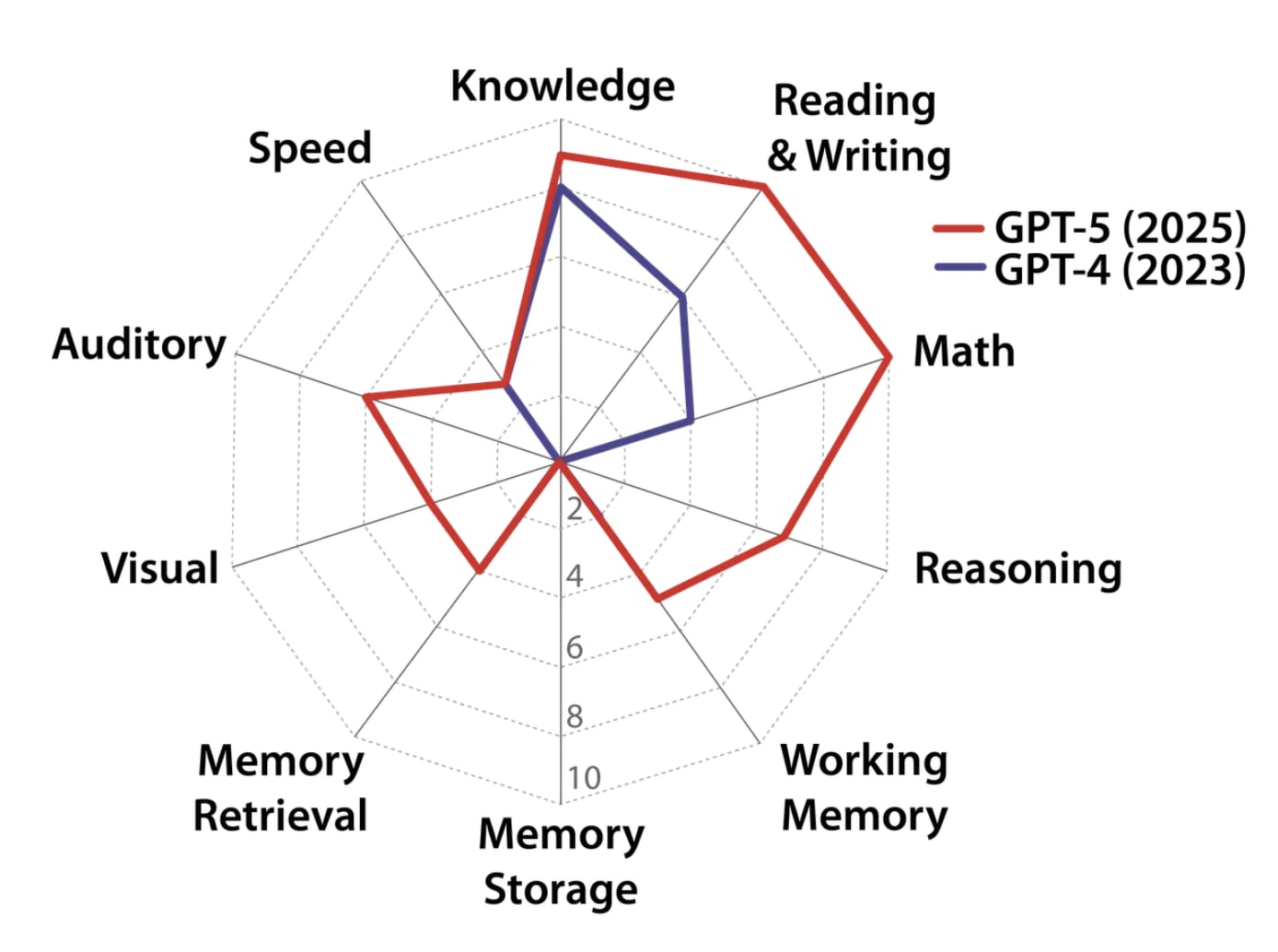
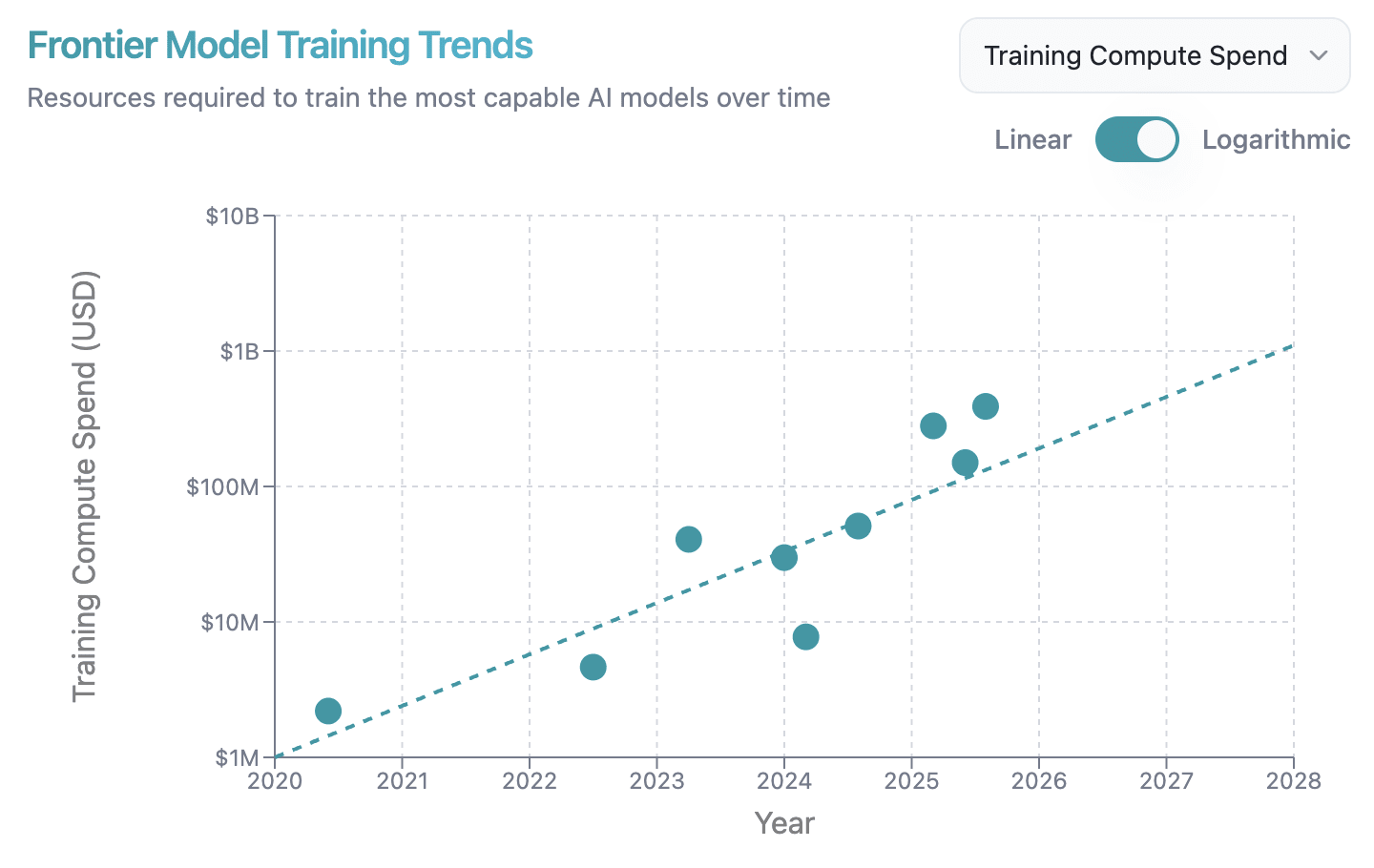
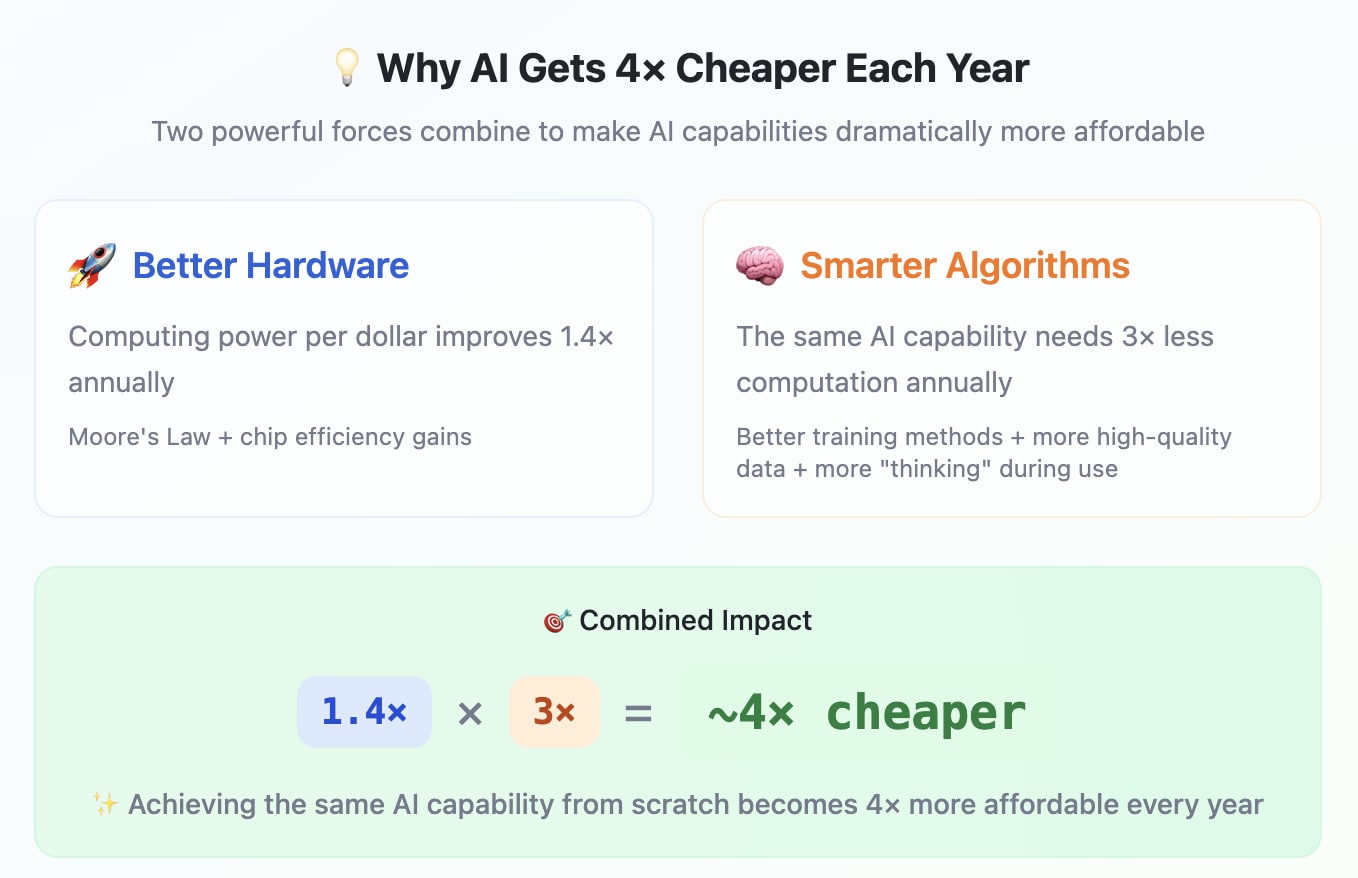
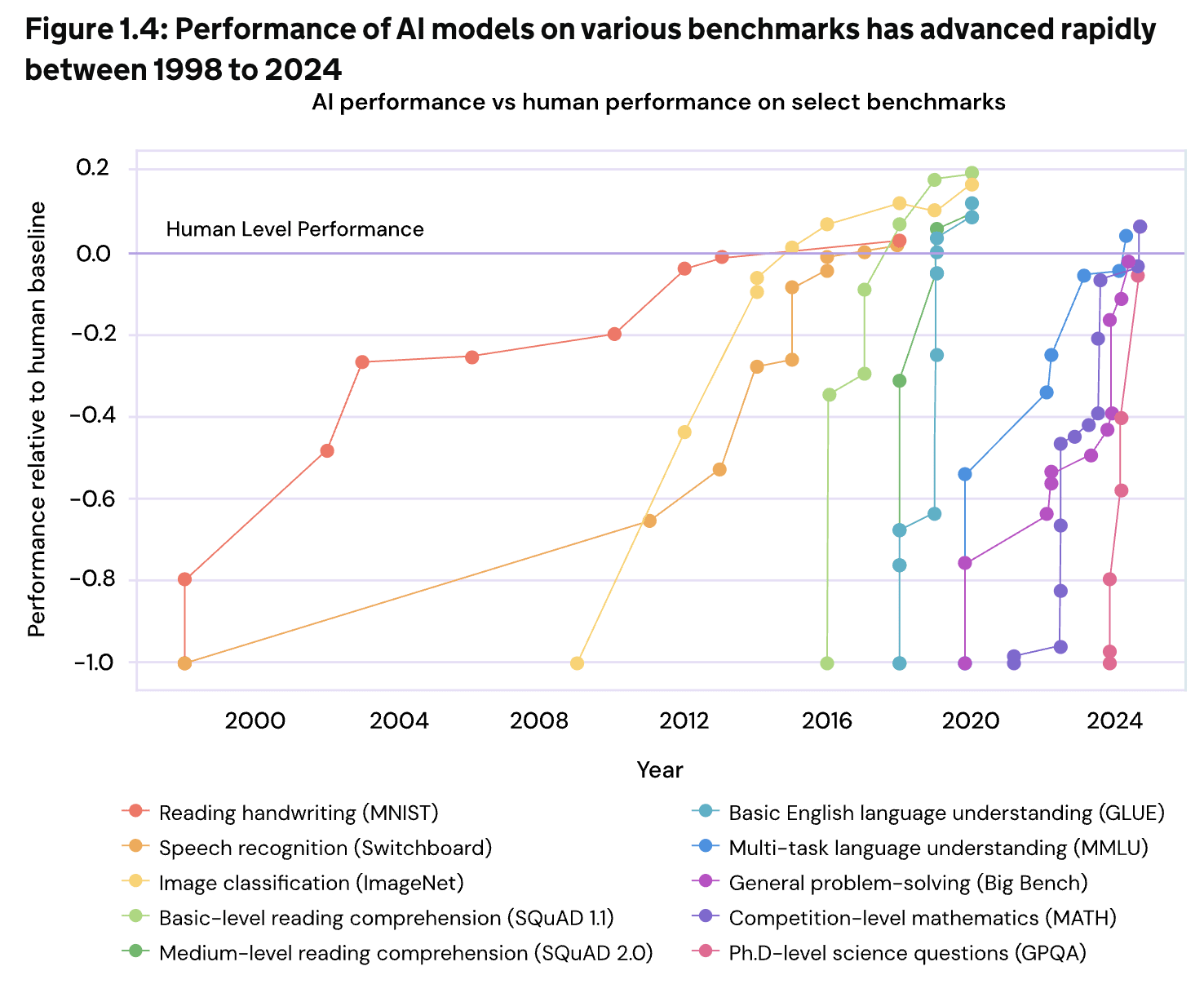
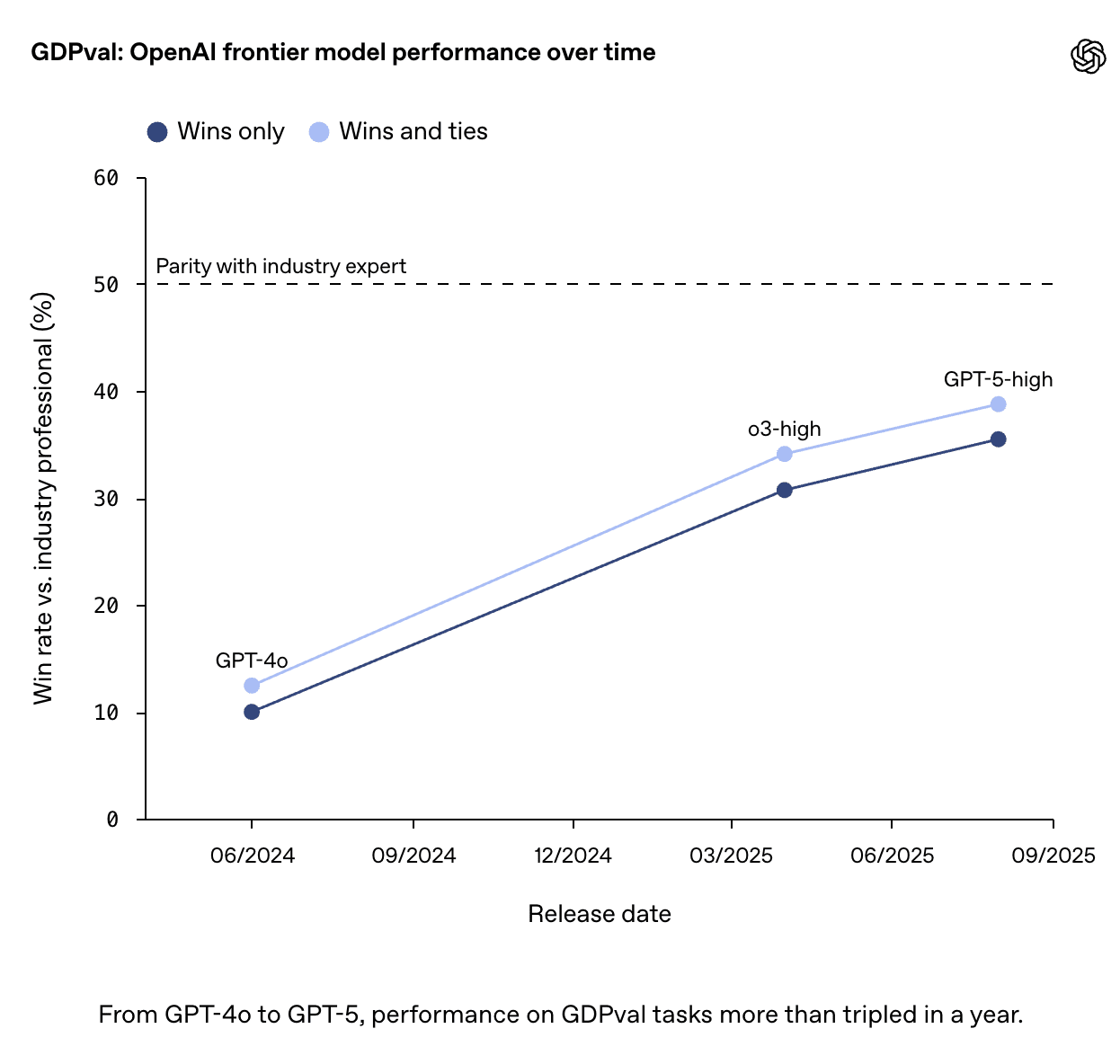
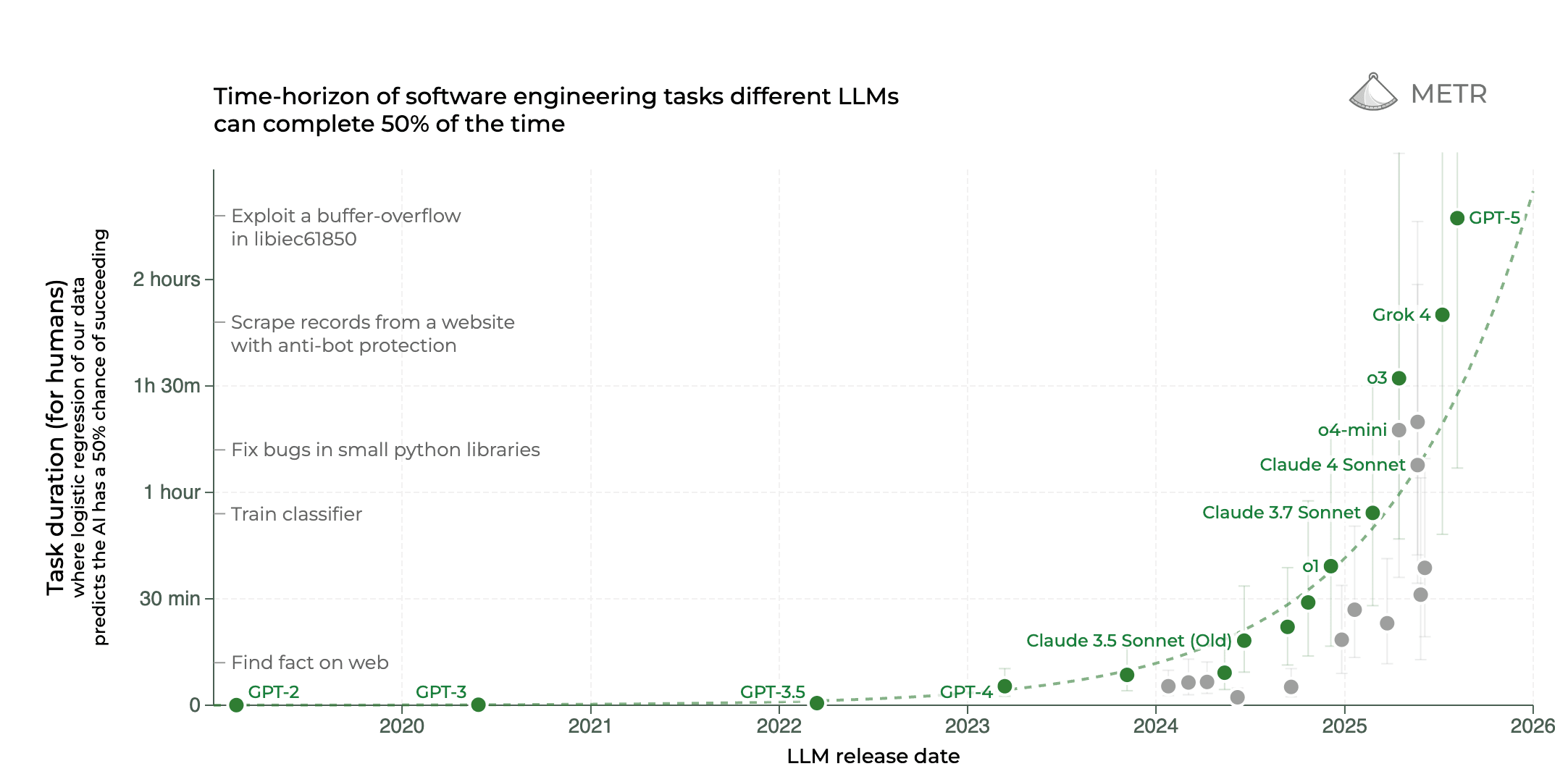

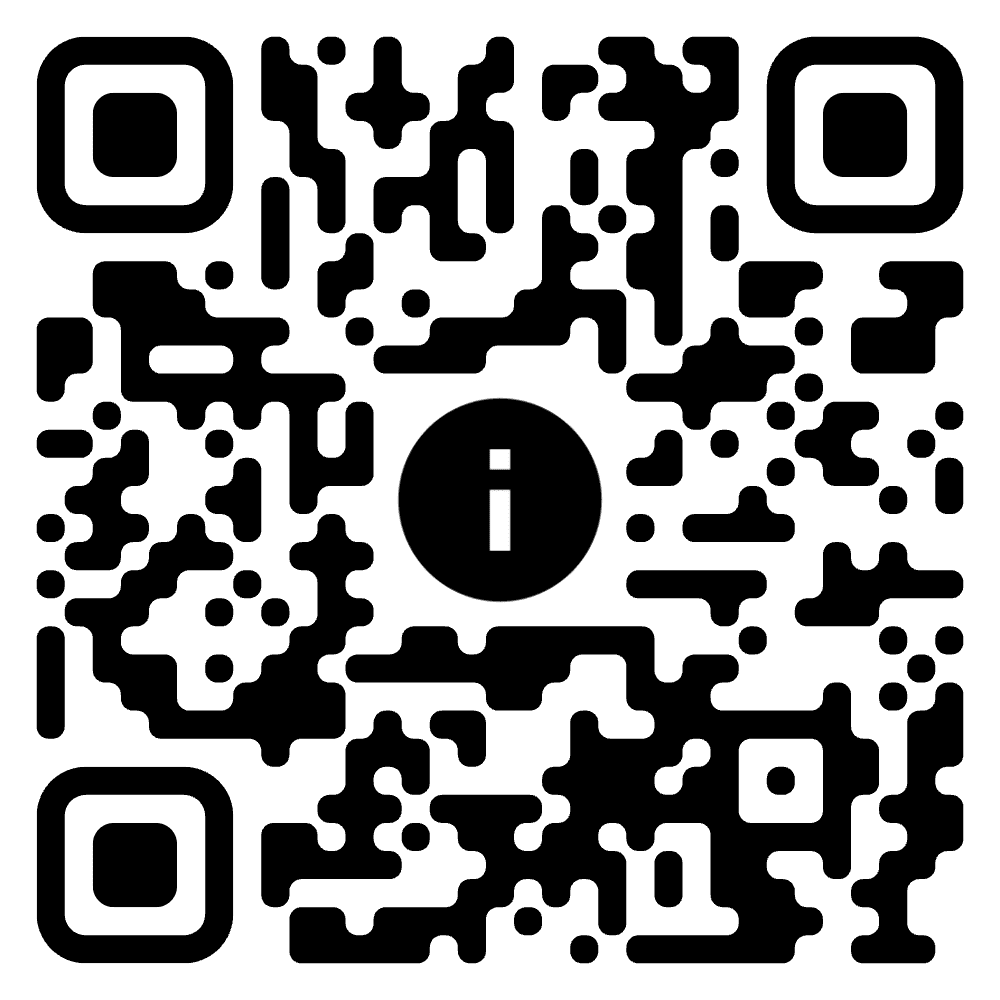
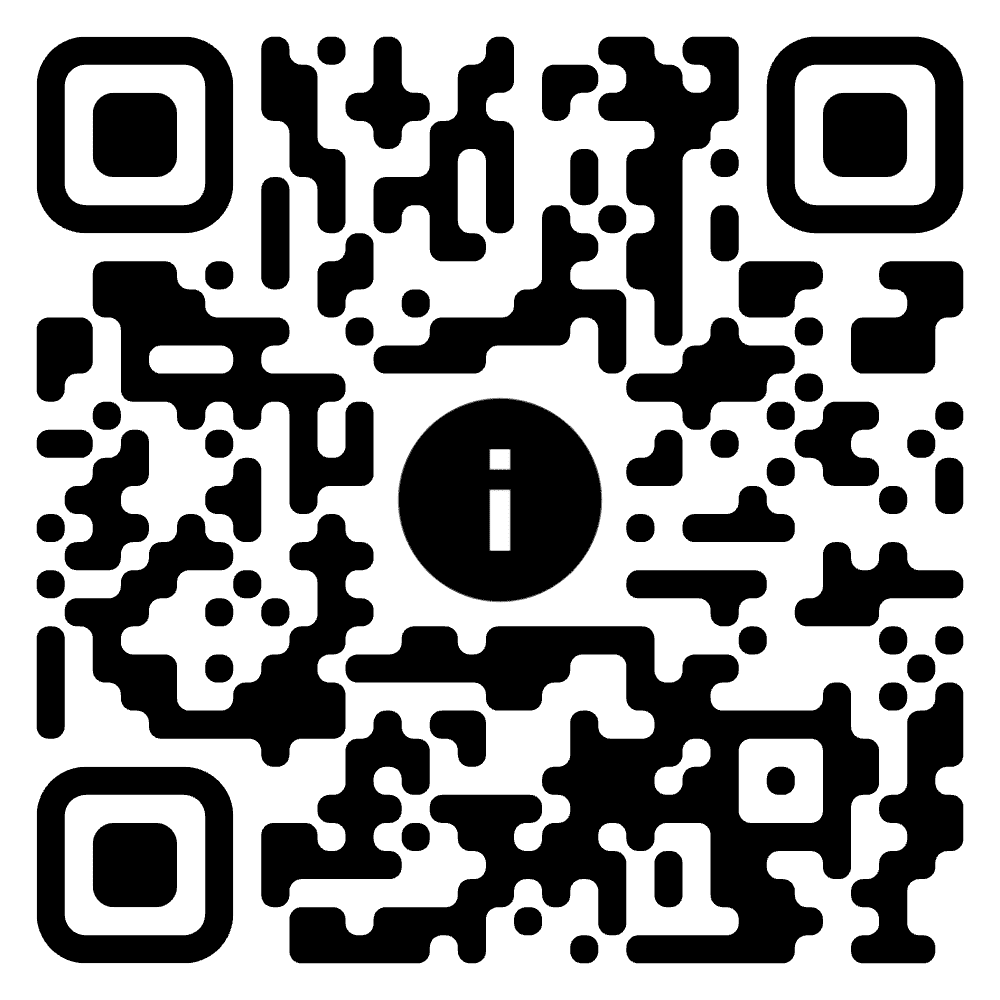
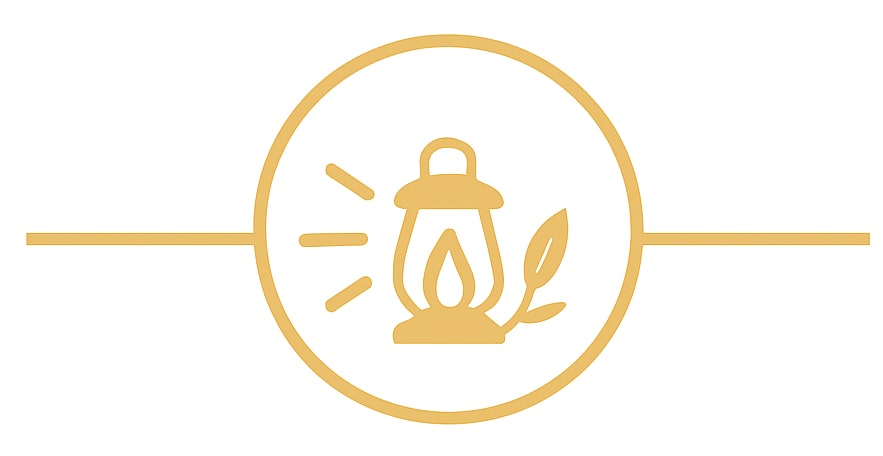
It would be strange to seriously consider taking over the world (as opposed to joking about it), if you lack anywhere near the power to do so.